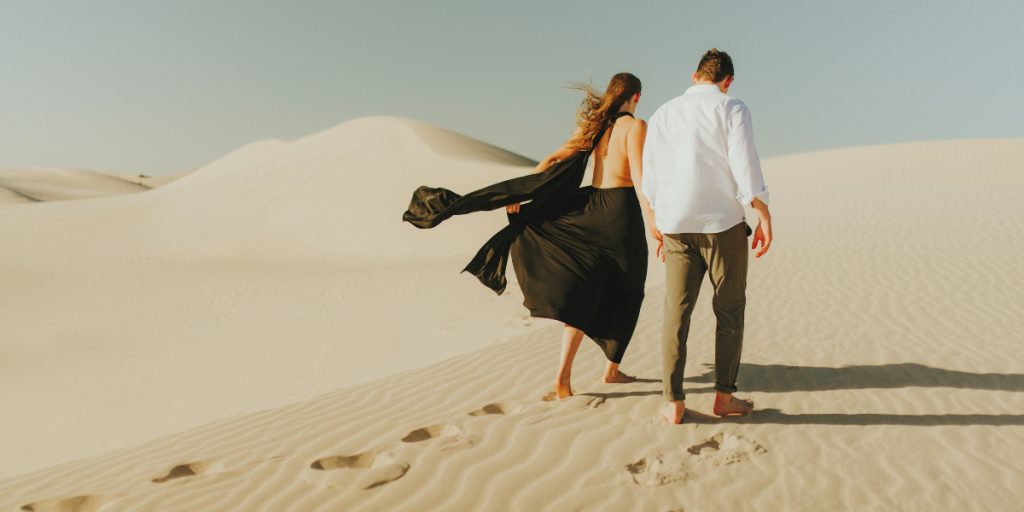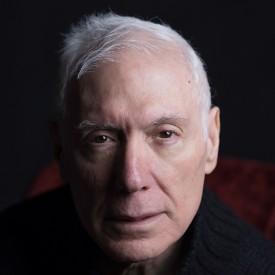Dr. Bradley R. Staats advises individuals and companies around the world, combining research on operations management and human behavior to cultivate constant learning and top performance. A professor at the University of North Carolina Kenan-Flagler Business School, his teaching and research focus on analytics strategies and how to improve individual and group learning.

In a world where globalization and technological automation have created an environment of constant change, Brad’s book, Never Stop Learning: Stay Relevant, Reinvent Yourself, and Thrive, highlights a new imperative: We must strive to become dynamic learners. Never Stop Learning is an official Next Big Idea Club Summer Selection, so we asked Brad about the big ideas behind his recent work, what inspired him to write the book, and how we can all learn to learn better.
In two sentences or less, can you sum up the “big idea” of your book?
We know that we should learn continuously in today’s rapidly changing world, but often we struggle to do so because of cognitive biases and behavioral tendencies that ultimately inhibit our learning. Never Stop Learning identifies these learning impediments, explains why they happen, and suggests ways to change your behavior to learn more effectively.
What surprised you the most in your research?
I am most surprised by how many of our behaviors—both instinctual and developed—make it difficult for us to learn. I thought, initially, that to optimize learning we could identify the right processes and then learning would occur naturally. Although good learning processes are necessary, they are not sufficient. In addition to good processes, we must 1) overcome behavioral tendencies that inhibit learning and 2) modify our behavior appropriately to maximize our ability to learn.
Did an event from your personal life inspire or affect the book?
In my late 20’s I found myself in what I thought would be a dream job, but I was stagnating and not learning. I didn’t understand why it was happening, and as I talked to others, I realized that this problem of failing to learn was a common one.
Inspired by this puzzle, I enrolled in a doctoral program to study why we sometimes fail to learn and what to do about it. I wrote Never Stop Learning to share the lessons I have learned over the past fourteen years with others who want to improve.
What would you like readers to take away from your book?
I want readers to feel empowered to shape their learning and improvement. Even though we have behavioral tendencies and cognitive biases that impede our learning, these challenges can be overcome with awareness, small changes in how we approach situations, and persistent effort.
Do you have a favorite quote or motto that guides your life?
“Don’t avoid thinking by being busy.”
This advice was given to me by my late mentor, David Upton—busy professionals have so much going on that it is easy to rush from one thing to the next. I think constantly about Dave’s advice, and it does two things: 1) I get a helpful boost of positive emotion thinking about someone who so meaningfully impacted me and 2) I pause and reflect about what I’m doing and find that it improves my learning.
What is one book that you wish everyone in the world would read?
Everybody Loves a Good Drought by P. Sainath. On my first trip to India, one of my research contacts gave me this book saying it would help me understand the country. At times the book is heartbreakingly sad, as it is a collection of stories of people that society has ignored, marginalized, and often mistreated. Yet, amidst the struggles, we see people going to remarkable lengths to overcome their obstacles. The stories provide powerful lessons in seeing the broader world and highlighting what we can do to help one another. Finally, the stories remind us that sometimes good intentions aren’t enough — because of the complexity of specific situations, individual choices can lead to unintended, negative consequences in the absence of careful and systemic change.
What was your most humbling moment?
When I was working at Goldman Sachs, we had a difficult client with a complex financial situation. I was asked to build a model that would capture the complexity, so that we could recommend different strategies. My senior colleague asked how long the project would take. Although I wasn’t sure, I confidently said two days. The work required learning new things—about modeling, the company, and a number of industries—and so it took me several more days than my estimate to complete.
My final product was comprehensive and effective. I was proud of my work—until I got my annual review. That colleague factored significantly into my evaluation. As the staffer shared my overall feedback, I quickly realized that the individual had only commented on my failure to meet the initial deadline. I wanted to explain all of the other things I had done, but at that point it was too late. That experience highlighted both the importance of saying “I don’t know” when asked a question, and how important and hard it can be to get real-time feedback.
What trivial trick, talent, or feat can you do to impress people?
I can coach youth baseball—for long stretches within a day and for days on end. I’ve accomplished this feat with the help of three baseball-obsessed sons who let me spend time with them and their teammates on baseball fields, and a number of co-coaches who make the time and effort we invest fun and educational for all of us.
What’s something that is really easy for most people that you find really challenging?
It looks so simple, but getting liquid into a glass is an act with which I struggle. The most extreme failure on my part was when I managed to pour wine all over a friend’s shoes. She still is my friend, but now she wisely pours her own drinks.
Ready for more big ideas like this? Join the Next Big Idea Club today!






























